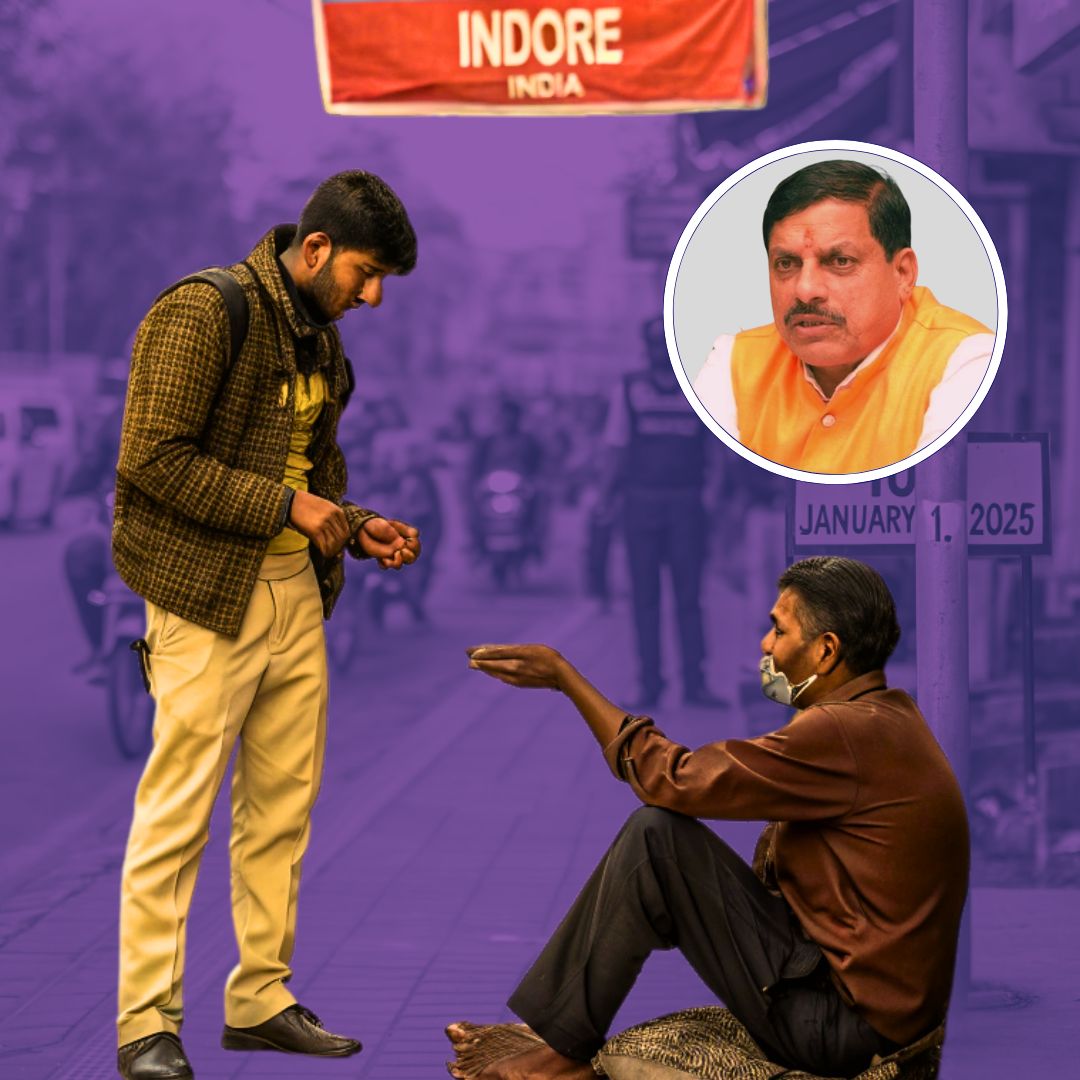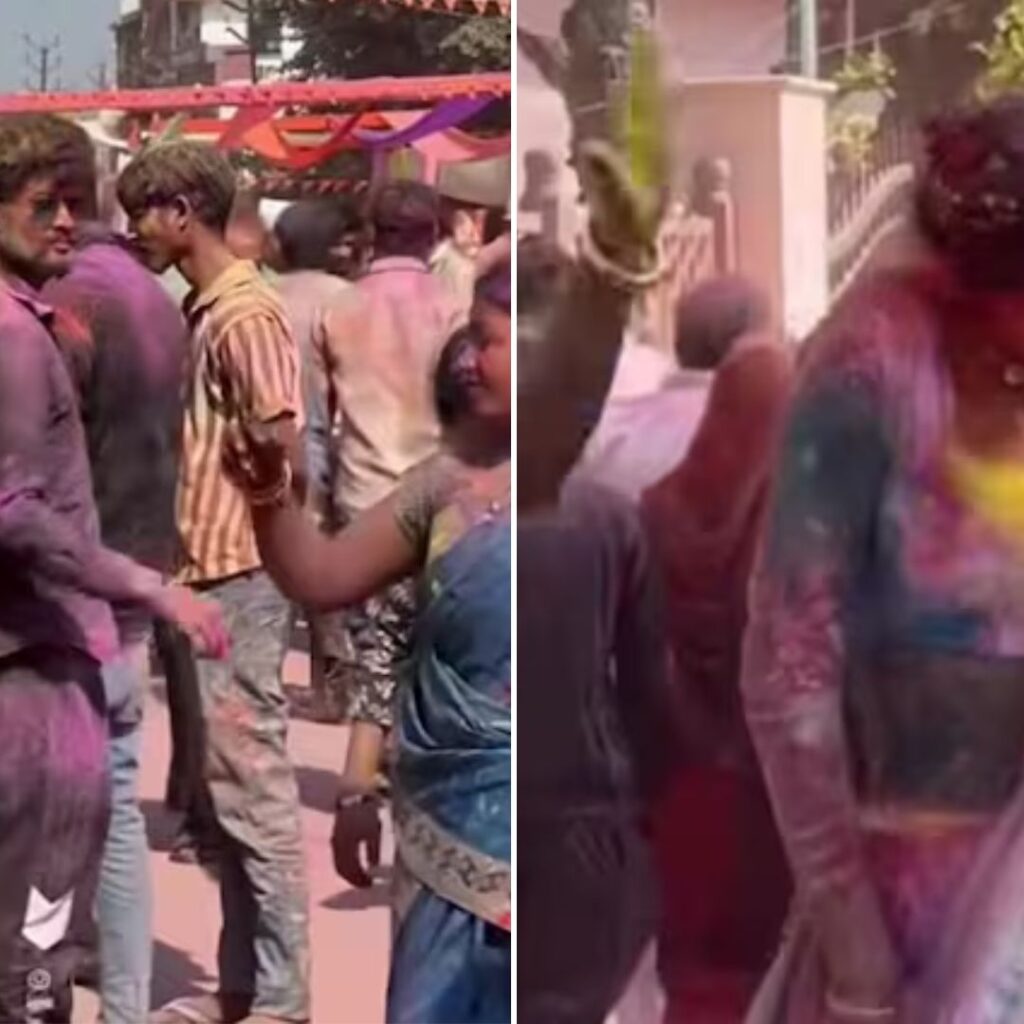Indore police have filed an FIR against an unidentified individual for giving alms to a beggar, enforcing the district’s new anti-begging policy that took effect on January 1, 2025. The policy criminalizes almsgiving under Section 223 of the Bharatiya Nyaya Sanhita (BNS), with violators facing up to one year in jail or a fine of ₹2,500. This initiative is part of a broader effort to rehabilitate beggars and dismantle organized begging networks. It is also a key component of a national pilot project by the Union Ministry of Social Justice and Empowerment aimed at making ten cities beggar-free.
Legal Action and Penalties
On Thursday, Indore police took action by filing an FIR against a person who allegedly gave alms to a beggar, marking the first instance of enforcement under the city’s anti-begging policy. Authorities argue that almsgiving perpetuates the cycle of begging, making it harder for individuals to transition out of this lifestyle. The FIR was filed under Section 223 of the Bharatiya Nyaya Sanhita (BNS), which penalizes disobedience to public orders. Violators can face up to one year in jail, a fine of ₹2,500, or both. A separate FIR was lodged against the female beggar involved in the incident. District Collector Ashish Singh has emphasized that giving alms can unintentionally support begging networks and has called on citizens to refrain from offering money to beggars, citing it as “participation in sin.”
Purpose of the Ban
The anti-begging policy is part of a broader initiative designed to rehabilitate beggars and eliminate organized begging networks that often exploit vulnerable individuals. The Indore administration began an awareness campaign in December 2024 to educate residents about the new regulations. With enforcement beginning on January 1, 2025, officials are hopeful that the policy will significantly reduce begging in the city. Singh stressed that the goal of the policy is not just punitive but also rehabilitative. He emphasized the need for sustainable solutions to help those affected by begging, including support for vocational training and employment opportunities rather than simply penalizing individuals.
National Initiative
Indore’s anti-begging policy is part of a nationwide pilot project launched by the Union Ministry of Social Justice and Empowerment. This project aims to make ten cities across India free from begging. In this process, authorities have uncovered organized begging operations, with gangs reportedly forcing individuals into begging on the streets. The government’s strategy is multifaceted, focusing on both legal action and social support systems, such as vocational training and rehabilitation programs, to help beggars reintegrate into society.
Community Perspectives
While officials support this policy as a means to address organized begging, community members have expressed mixed feelings. Local social workers argue that while reducing visible begging is important, criminalizing almsgiving may further marginalize those in need. One social worker noted, “We must find ways to support these individuals rather than push them further into desperation.” Additionally, residents have voiced concerns about how this policy may affect genuinely vulnerable people who rely on public generosity for survival.
The Logical Indian’s Perspective
While legal measures like the anti-begging policy can address the visibility of begging, experts highlight the need to consider the broader social factors contributing to poverty. Some argue that policies which focus only on enforcement without addressing the root causes may not provide sustainable solutions. A more holistic approach, which combines legal action with social support systems like job training and rehabilitation programs, may be necessary to effectively reduce begging and support those affected by poverty.












